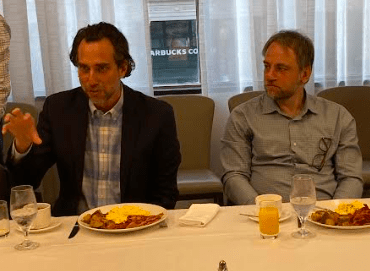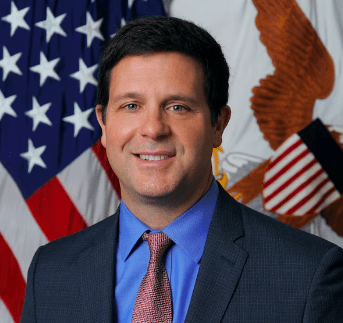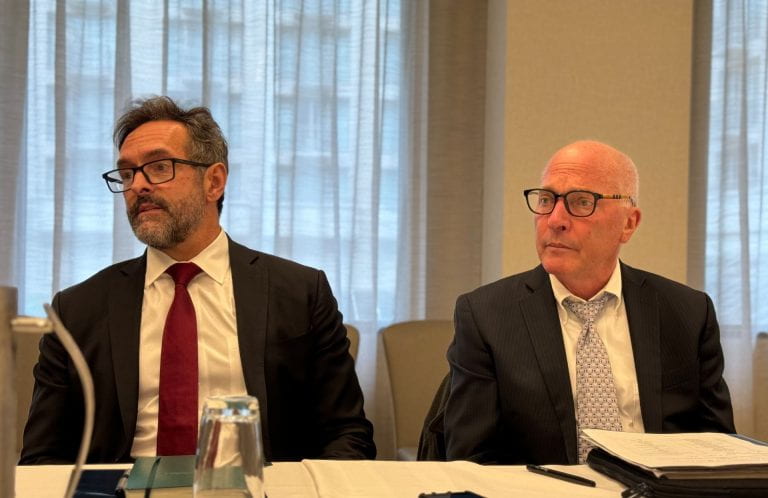Defense Writers Group
16 July 2024
(Note on the Defense Innovation Board’s mission and mandate: The Defense Innovation Board provides independent advice to the Department of Defense, and recommendations to address challenges and accelerate innovation adoption into the culture, technologies, organizational structures, processes, and functions of the DoD. Its members do not speak for the Department of Defense.)
Moderator: Greetings everyone, and welcome to a very special Defense Writers Group with Admiral Mike Mullen, retired CNO, former Chairman of the Joint Chiefs. Many of us have known him or worked with him. Also, Charles Phillips. They are members of the Defense Innovation Board. They presented earlier today and this is their first meeting with the press to talk about their work.
While normally as a reporter’s forum we go straight to questions, because the reports just came out today, I will ask each of you to take just two or three minutes if you could and share sort of your top line thoughts from the two reports that you chaired. ADM Mullen: Our study, and it’s probably been four or five months, and a half dozen of us who are on the board on this study, to look at the incentive structure to decide the DoD, with respect to being able to deliver tech.











